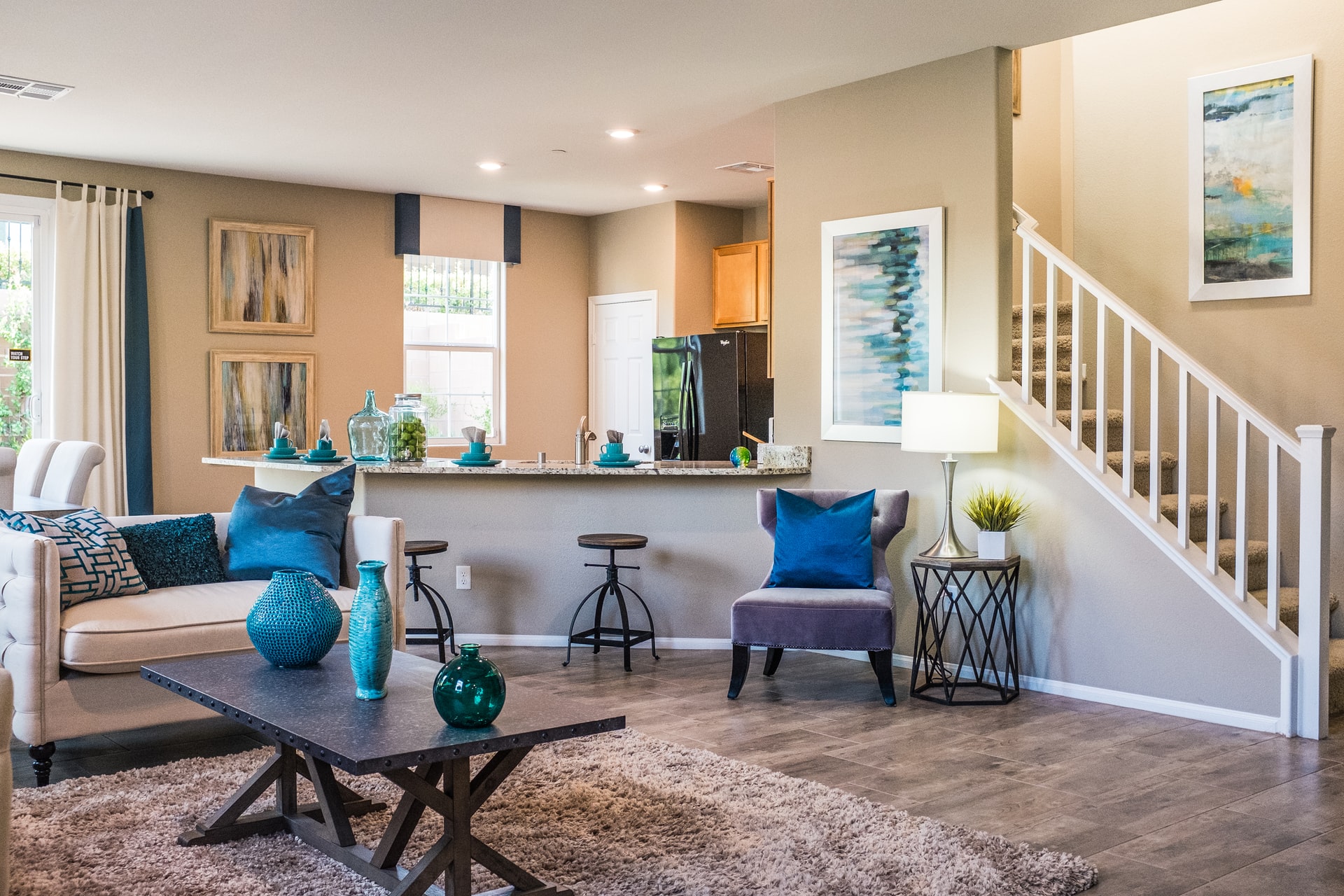
Home insurance is an important part of life, especially if you own a house. It protects against damages to your property caused by natural disasters such as floods, earthquakes, and tornadoes. In addition, home insurers also protect you against injuries to yourself and other people within your house.
But there are different types of home insurance policies. The two main types of home insurance coverages include liability coverage, earthquake damage coverage/flood damage coverage its good to have insurance in case the money you get from casino online games is not enough for damages.
These two coverages serve different purposes. Liability coverage helps you cover legal claims from injured third parties. Earthquake damage covers losses incurred from sudden shifts in the ground while flood damage covers monetary losses due to water damage.
Each type of policy has its benefits and drawbacks. Let’s get into the details of each type of coverage.
Liability Coverage
Liability coverage pays for any injuries or property damage that may occur to another person while on your property. This includes accidents at your home, injuries to visitors or employees, and even injuries to animals on your property.
The most common form of liability coverage is called “third-party” or “general” liability insurance. It can be purchased separately or bundled with other forms of insurance.
Earthquake Damage Insurance
Earthquakes happen everywhere; they hit cities, suburbs, rural areas, and even townships. But, not all homeowners are covered for seismic events. In fact, many won’t know that they aren’t covered until they experience extensive financial loss due to an earthquake. For this reason, it’s advisable to purchase earthquake insurance now rather than waiting until disaster strikes the money you get from casino games might not be enough for repairs.
A few things have to fall for you to qualify for quake insurance:
- Your building must be located in a zone that experiences earthquakes.
- You live in a coastal area
- Your location has a historical record of quakes.
- You’ve lived in your current dwelling for at least five years.
- You don’t occupy the structure as a commercial property.



